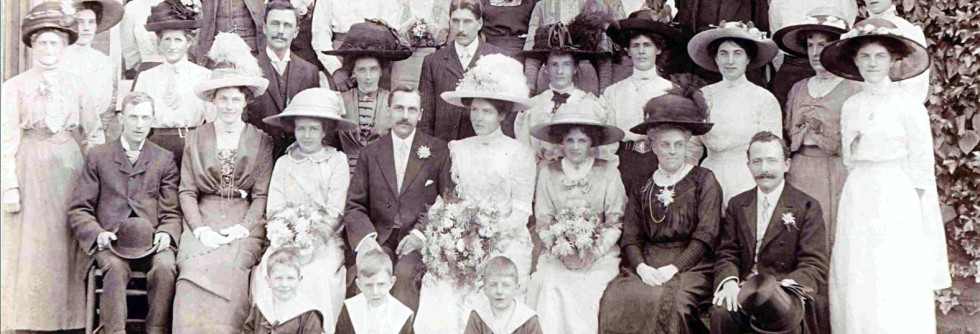Marriage Intentions Recorded in Aylsham Guardians’ Minute Books by Ellen Maki, Ph.D.
The Guardians’ minutes books make for a fascinating read, and although their primary purpose was to record the business of the poor law union guardians’ meetings, they also capture genealogically useful information as well.
I have been reading the guardians’ minutes books for the Aylsham poor law union in Norfolk, England, and have extracted the details of intended marriages that were read out at the meetings, all of which were to take place at either non-conformist churches or registrars’ offices. These were read out at 3 consecutive meetings in much the same way that banns would be read out in the parish church for Church of England parishioners.… Continue reading





